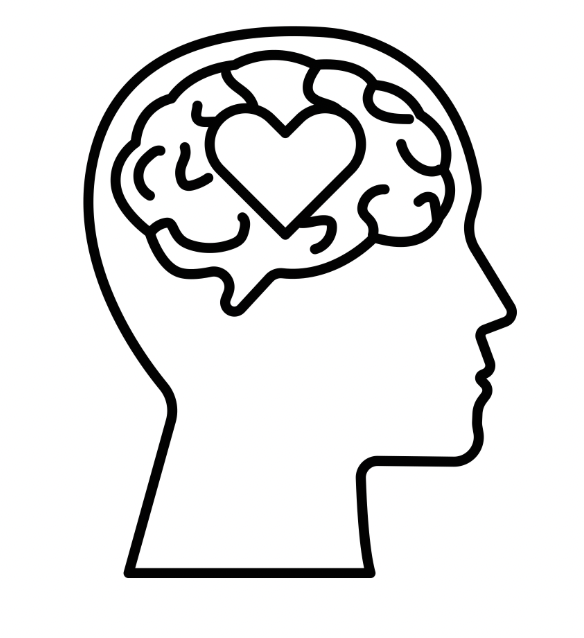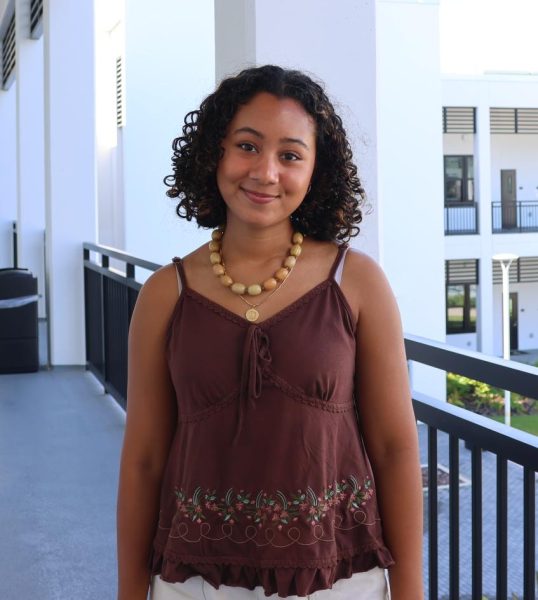The first full week of Oct. 5-11 is Mental Health Awareness Week. This began as a national campaign by the National Alliance of Mental Illness to raise public awareness and reduce stigma surrounding mental health conditions. For many, this is just another week on the calendar, but with longer morning announcements. But behind those announcements is an issue that nearly every student has to deal with: the state of our mental health.
This is no surprise, but high school can be a lot of pressure. Between sports, tests, rehearsals, jobs, and college applications, students are juggling more than ever. The demand to be “well-rounded” for colleges can become very stressful. Add in the unspoken social pressures, and it’s no wonder that so many teens struggle with anxiety, stress, or depression.
Studies have consistently shown that mental health challenges are increasing among young people. And yet, a stigma is still evident. This makes it hard to ask for help without fearing the judgment of our peers.
“Globally, one in seven 10-19-year-olds experiences a mental disorder, accounting for 15% of the global burden of disease in this age group,” the World Health Organization said earlier this month.
This is why Mental Health Week matters. It is way more relevant than people may think. It’s not just about handing out green ribbons or hearing these scary statistics. It’s about reminding ourselves, and each other, that mental health is just as real and important as physical health. Consider this: when someone sprains their ankle, they don’t hesitate to seek help from the school nurse or athletic trainer. But when a student is feeling overwhelmed with schoolwork, it’s often much harder for them to speak up.
Awareness week encourages students to break that silence.
As a community, we can do more than just acknowledge that the week exists. We can normalize checking in on our friends and advocating for counselors. Asking for help is a sign of strength, not weakness. Teachers and administrators can also play a role here, recognizing the toll that the workload and expectations can take on a student and creating spaces where students feel safe to open up.
This Oct., let’s treat Mental Health Awareness Week as a call to action. We can start the conversation and listen without judgment. Take care of yourself and the people around you, because mental health isn’t just a week-long topic. It’s something we have to live with every day.


